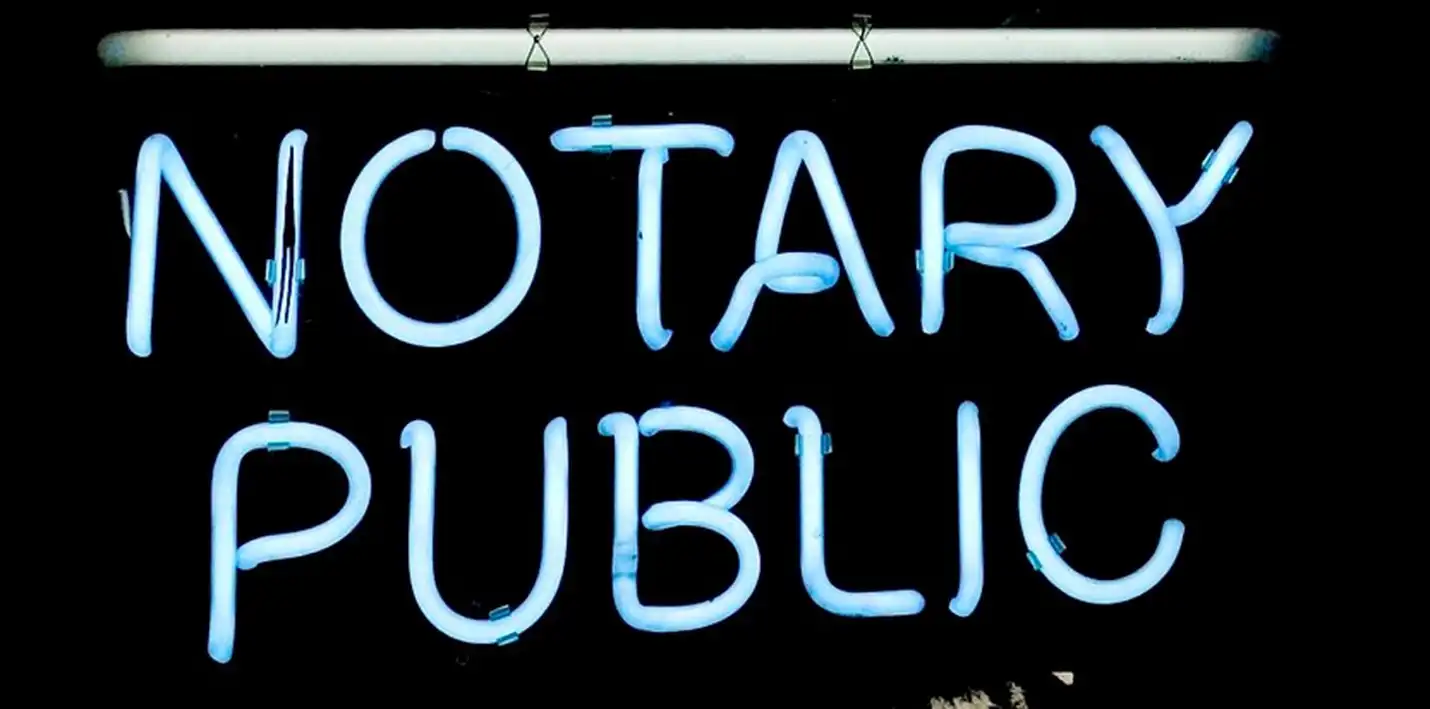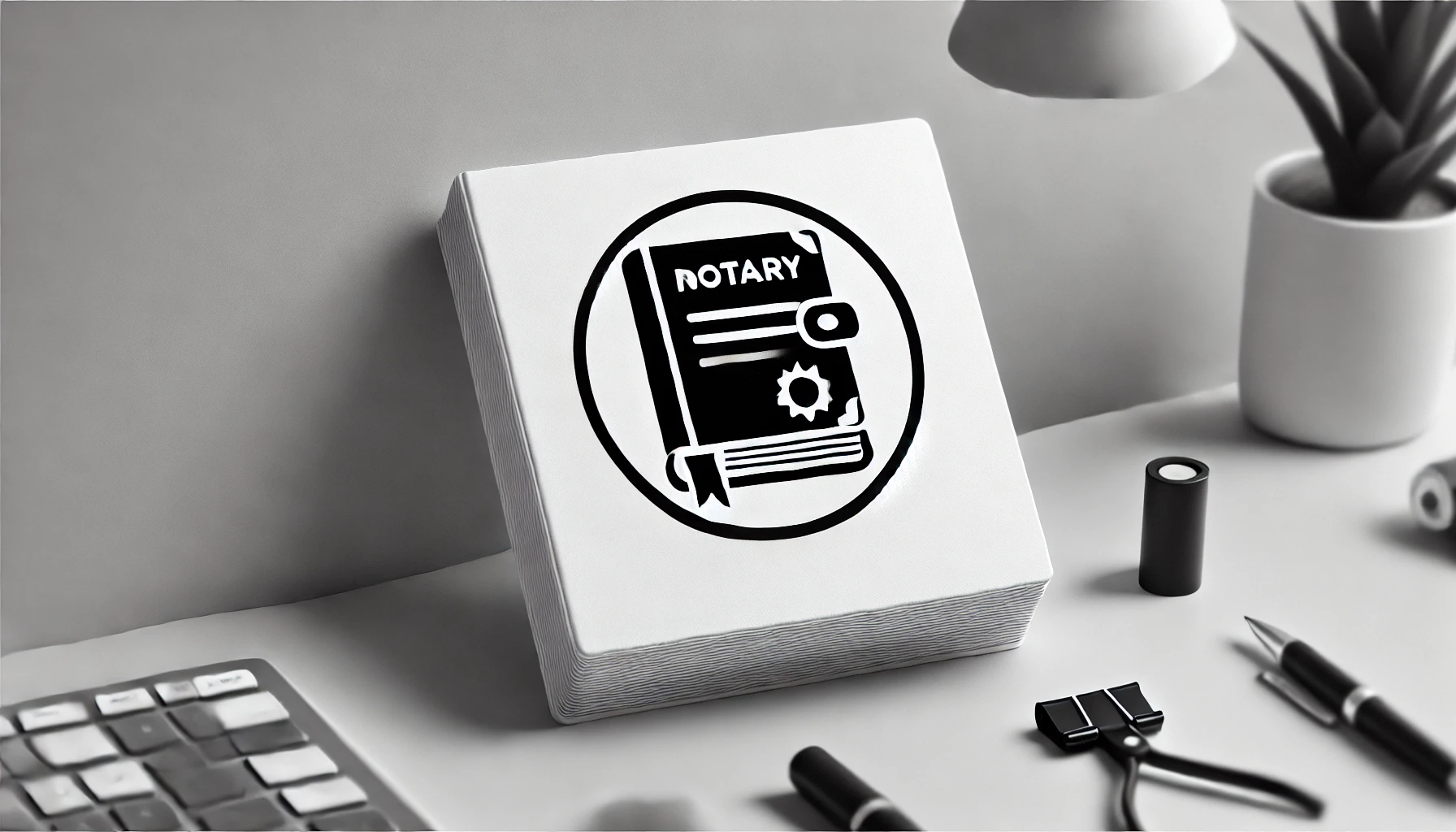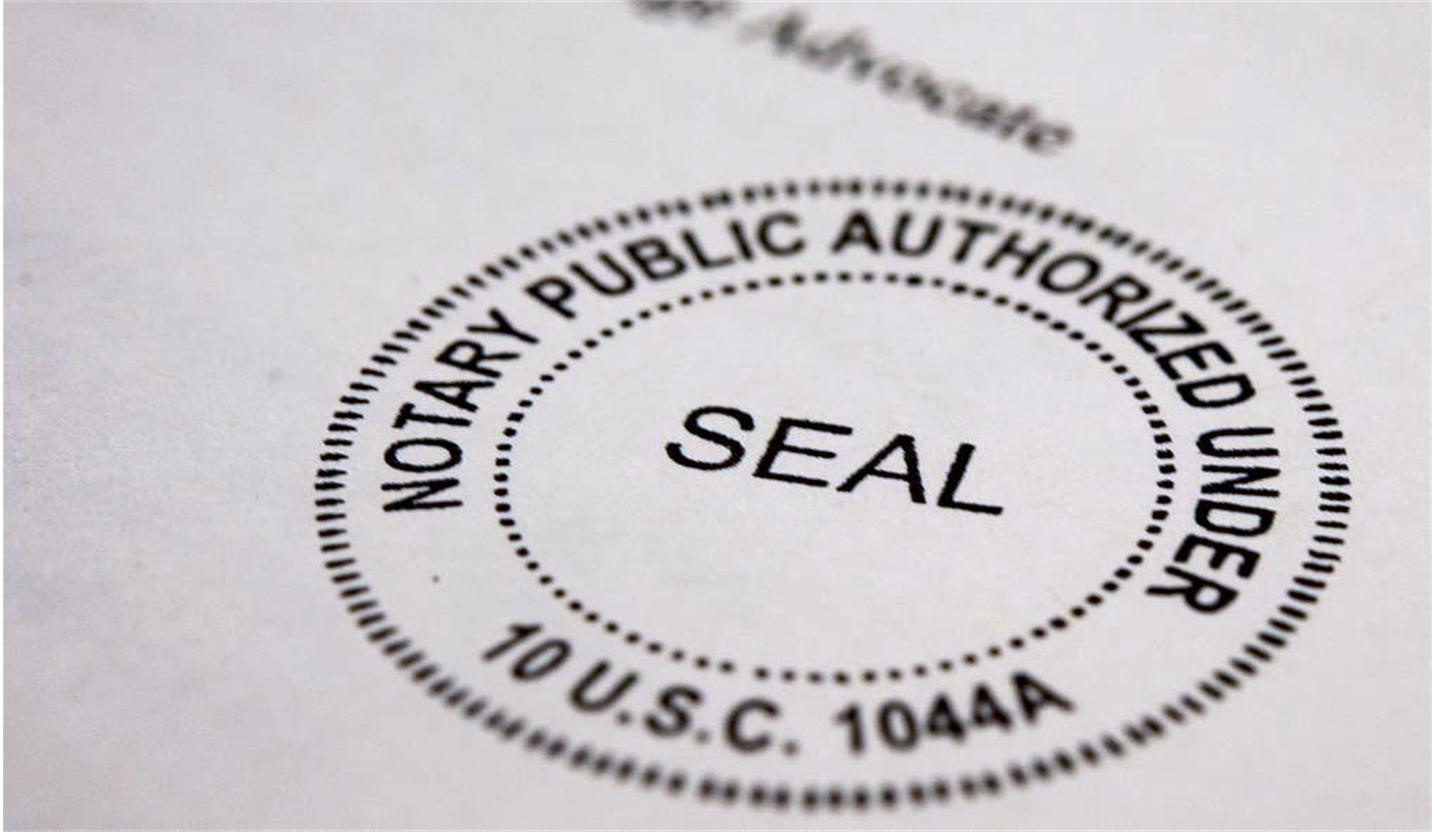Category: Notary
-

Say It Ain’t So: A Pennsylvania Notary, Stealing Deeds?
The point of having a deed notarized is to ensure its legitimacy. Or so most people would think. A notary public is appointed by the state to witness the signing of legally significant papers, including deeds used to transfer home properties. Honesty and integrity are key traits for anyone performing this role. But recently,…
-

Thinking of Becoming a Notary? Here’s What It’s Like Today.
Could becoming a notary be a job? A gig? An asset to bring to potential employers? A way to help people? Your entrance into the fast-evolving area of digital closings? You may wonder if obtaining a notary commission is worth the cost, time, and effort. Let’s take a look.
-

Deeds.com Position on Manual (Non-Electronic) Notary Journals in New York and Beyond
In a significant legal change we recently discussed here, the New York State Senate has voted unanimously for its Bill 8663, which amends state law “to limit the recordkeeping and reporting duties of public notaries only to electronic notarization acts.” That is, if the notarization isn’t electronic, a notary need not make or keep any…
-

Update: New York Works on Clearer Laws for Remote Notaries
Lawmakers have proposed new legislation impacting the notarization of documents in New York State. Throughout New York, the legal update would make all official notaries’ records electronic only. Here, we offer a FAQ on the current law and the proposed modification.
-

Here Comes the First AI-Powered, Fraud-Busting Notarization Platform
The notarization company ProofSM has launched an artificial intelligence (AI)-powered fraud detection tool. It’s called Defend. Proof is a service mark of Notarize, a leader in remote online notarization. Proof points to the $80+ billion in annual losses in the U.S. on account of identity theft, document manipulation, wire fraud, and forged signatures. The company…
-
New in 2023: Illinois Notary Law Gets a Makeover
For the first time since 1986, Illinois has dramatically revamped its notary laws. New language in Illinois law, which became effective in June 2023, has made sweeping changes to rules for notarizations. Here’s what you need to know.
-
The House of Representatives Said Yes to Remote Online Notaries. Senate Next, NAR Urges!
“NAR has strongly supported remote online notarization since 2018 and commends members of the House for passing the SECURE Notarization Act of 2023.” Kenny Parcell, president of the National Association of REALTORS® The integrity of notarized public records is crucial. Without it, deed transfers and other transactions could lose the public’s trust. So, people have…
-
Maine Legalized Remote Online Notaries. Are We One Step Closer to Fully Digital Mortgages?
This year, Maine will become the 40th state to allow remote online notarization (RON). The new state standards take effect in July 2023. The American Land Title Association (ALTA) supports this move. ALTA is backing remote online notary legislation at the national level, too. It’s pressing for the SECURE Notarization Act, which would establish an…
-
Remote Online Notarization Wins Home Buyer Confidence
Are Federal RON Standards Coming? When people buy homes, they have the deeds notarized and publicly recorded in the home’s city or county. Traditionally, people have always gone to the notary public in person. This is changing. Since the Covid-19 pandemic disrupted in-person business, the world of real estate has accepted that home purchases and…
-
Notaries Go Remote: A Digital Shift Is Changing Notary Language
Next time you use a notary, your certification might look a little different. Notary statements on documents have changed over the last year, amidst a rush to adopt digital notarizations. Today’s notarial certificates often explain whether the notarization was done in a physical meeting or online, and where the parties were when the document was…
-
Deeds by Distance: Which States Are Moving to Remote Notarization?
An update from Deeds.com on the fast-moving evolution of remote online notarization and the standards supporting it. If you transfer or accept a piece of real estate, notarization of the deed will likely occur. For your deed to be recorded, it is notarized first. Recording puts the world on notice of the conveyance, by updating…
-
Modernizing an Archaic Notary System for Real Estate Documents
The notary seal and signature make the transfer of a home official. A notary readies the property deed for recording with the county for all the world to see. Notarizing a document means witnessing a signature, and verifying that the right person signed a document, knowingly and voluntarily. Yet bad actors can, and often do, turn up…
-
Pandemics, Property Transfer Breakdowns… The Digital Real Estate Industry Is Coming
The latest impetus to digitalize real estate might just turn out to be the tipping point. Practically overnight, COVID-19 is a defining element of our time. This hideous and deadly virus became a major challenge to the systems that carry us through our everyday transactions.
-
Why Do Real Estate Deeds Require a Notary?
A notary’s acknowledgement is vital to the integrity of the residential property deed. Why? The real estate deed is a formalinstrument. It must verify the grantor’s interest in, and right to convey, the property. It must protect the interest transferred to the grantee. Notarization gives the deed a strong presumption of validity relative to other types of property documents. The…
-
Remote Notarization of Real Estate Deeds
Today, many real estate documents are handled electronically. But it remains clear that notarizing a document, under the laws of all states, means witnessing a signature in real time. The notary’s witnessing role serves to verify to the public that the person who signs a paper has been personally identified, and freely signed the document. Not to be…





